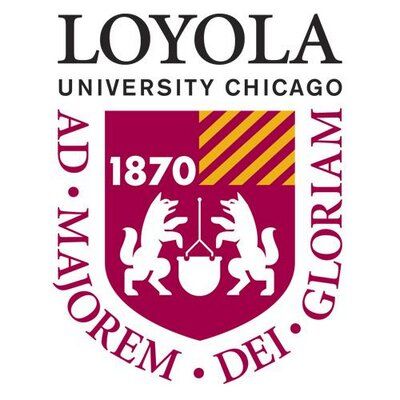Medical Students Discover Antidote for Anxiety, Stress
2024-01-19
临床研究
MAYWOOD, Ill., Jan. 19, 2024 /PRNewswire/ -- America's youngest doctors and medical students are overwhelmed with anxiety, stress, and burnout: 300 to 400 physicians a year in the US take their own life. 9.4% of fourth-year medical students and residents reported suicidal thoughts in the prior 2 weeks. Suicide is the leading cause of death among male resident physicians and the second leading cause of death among female residen physicianst.
Loyola University Chicago Stritch School of Medicine has taken a proactive stance to mitigate conditions that lead to these devastating results. A self-care strategy described as effective by medical students is documented in a newly published study.
In 2013, Gregory Gruener, MD MBA, Professor of Neurology and Associate Chair of Neurology and Vice-Dean of Education and colleagues at Loyola University Chicago Stritch School of Medicine introduced a 2-credit elective entitled Physician Wellness through the Transcendental Meditation Technique.
Students learn the Transcendental Meditation® technique (TM®) and how to incorporate its practice twenty minutes twice a day as part of their daily routine. In addition, a series of lectures provide an intellectual framework which explores the scientific merit of their practice from different perspectives and disciplines including neuroscience, physiology, health policy, behavioral health and wellness, endocrinology, and cardiology.
Students recognize that the basis of their experience is the neurophysiology of TM, the uniquely orderly state of brain function—as evidenced by coherent brain wave (EEG) activity—that occurs during the practice, and which carries over into daily activity.
In contrast, medical school wellness programs and those offered by businesses "have not substantially improved the mental health or productivity of employees, or the bottom line of organizations."
The current study reports Loyola Stritch medical students' outcomes in their own words:
1. TM relieved their most pressing needs—94% reported relief from stress and anxiety.
2. Students described multiple positive benefits for many facets of their health and well-being, including:
Greater mental clarity and improved focus
Increased resilience, energy, stamina and efficiency
Increased confidence, sense of control and adaptability
Increased emotional stability, compassion, and empathy
Improved memory, recall, learning and ability to synthesize
Improved sleep
Relief from physical symptoms of anxiety
Improved relationships and teamwork
3. Finally, with twice daily TM students gained several more hours of productive time each day.
According to the study's lead author, physician and neuroscientist Tony Nader, MD PhD, "These findings suggest we are now able to more effectively address a troubling mental health crisis in medical, nursing and other professional education."
Media Contact
Carla Brown EdD
Adjunct professor of Medical Education
[email protected], 641-919-9616
更多内容,请访问原始网站
文中所述内容并不反映新药情报库及其所属公司任何意见及观点,如有版权侵扰或错误之处,请及时联系我们,我们会在24小时内配合处理。
靶点
-药物
-来和芽仔聊天吧
立即开始免费试用!
智慧芽新药情报库是智慧芽专为生命科学人士构建的基于AI的创新药情报平台,助您全方位提升您的研发与决策效率。
立即开始数据试用!
智慧芽新药库数据也通过智慧芽数据服务平台,以API或者数据包形式对外开放,助您更加充分利用智慧芽新药情报信息。





